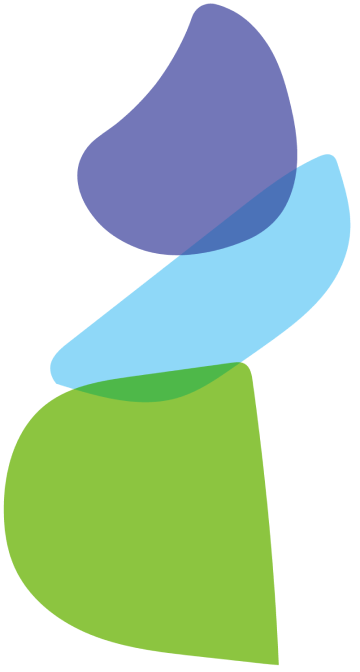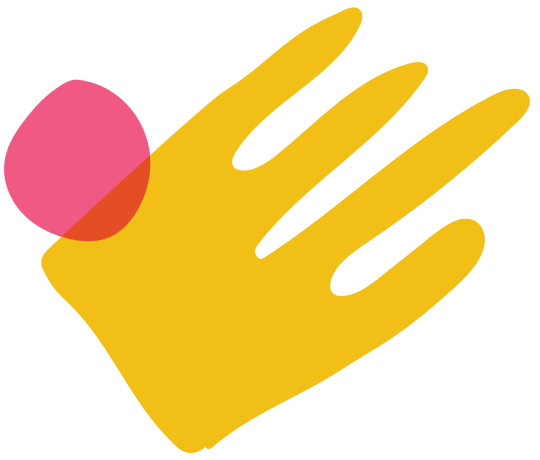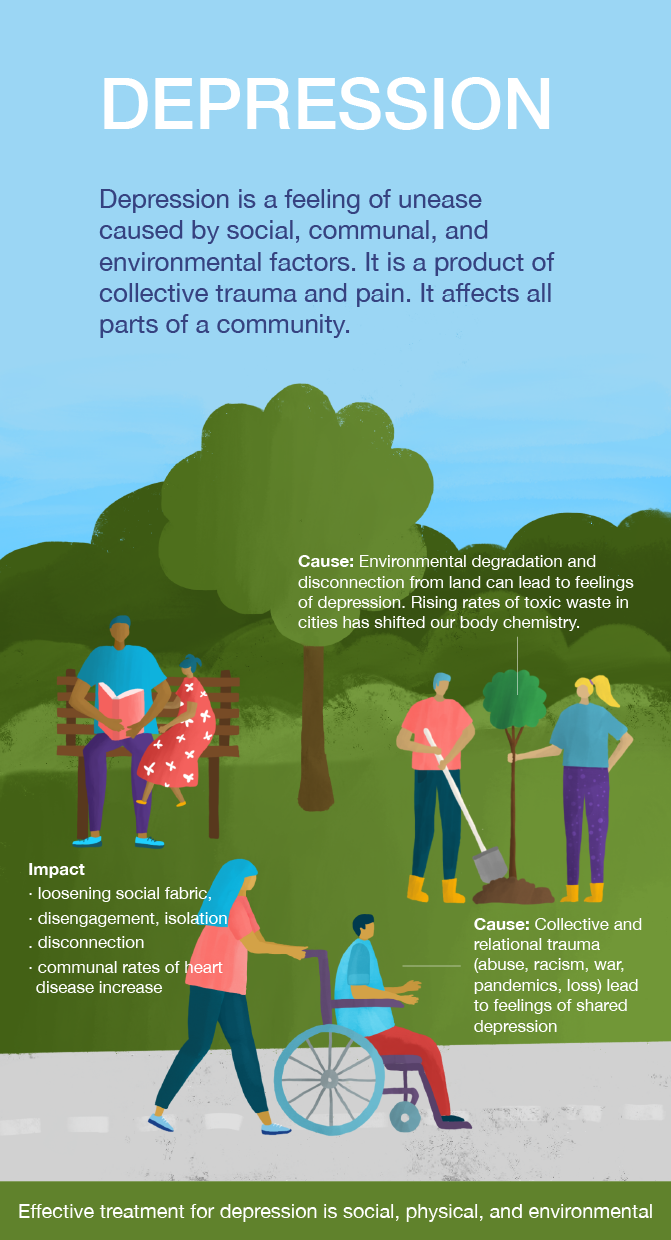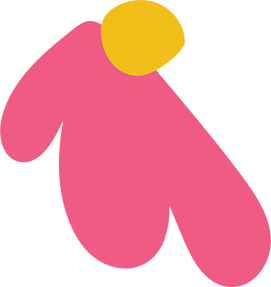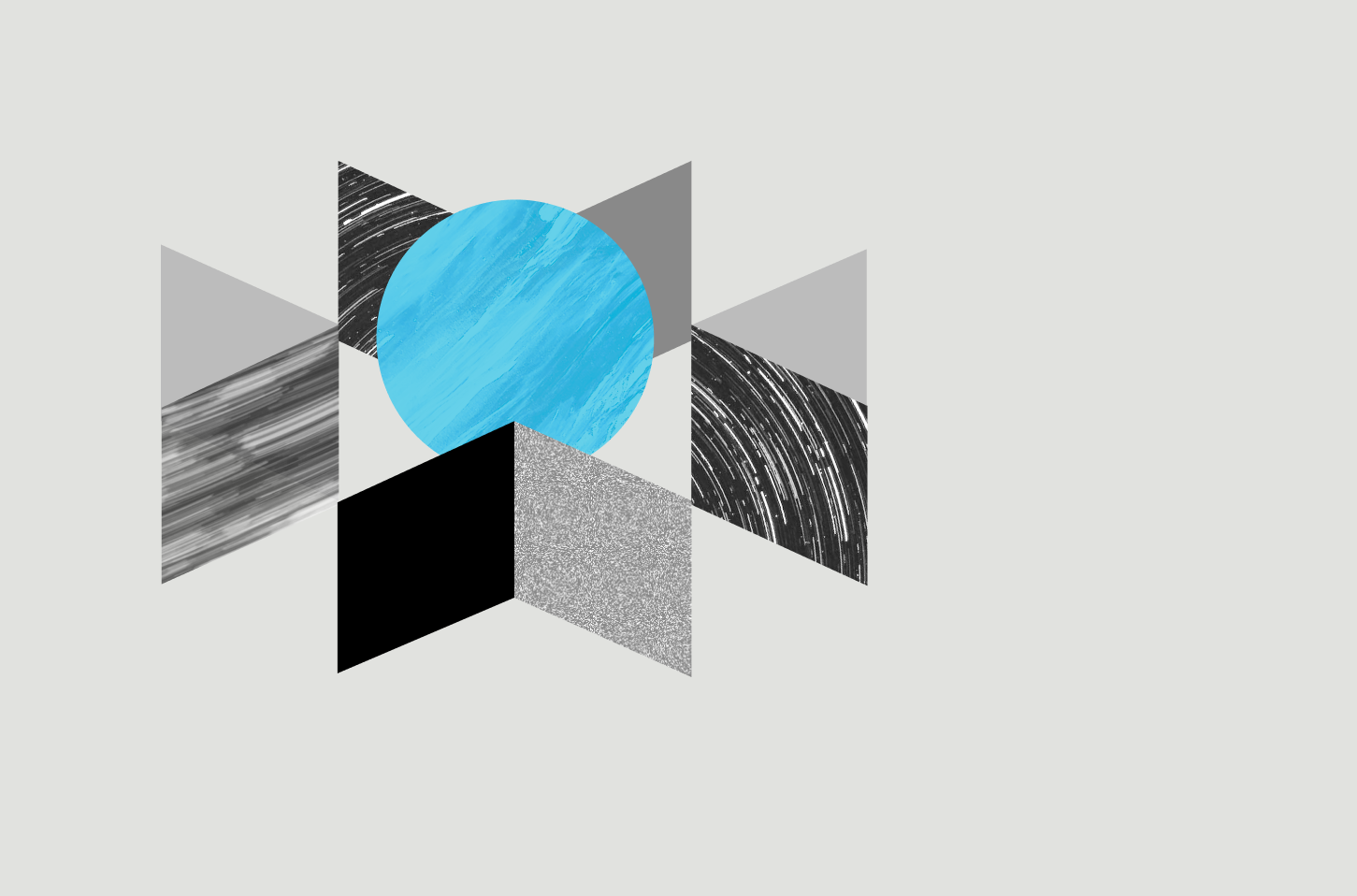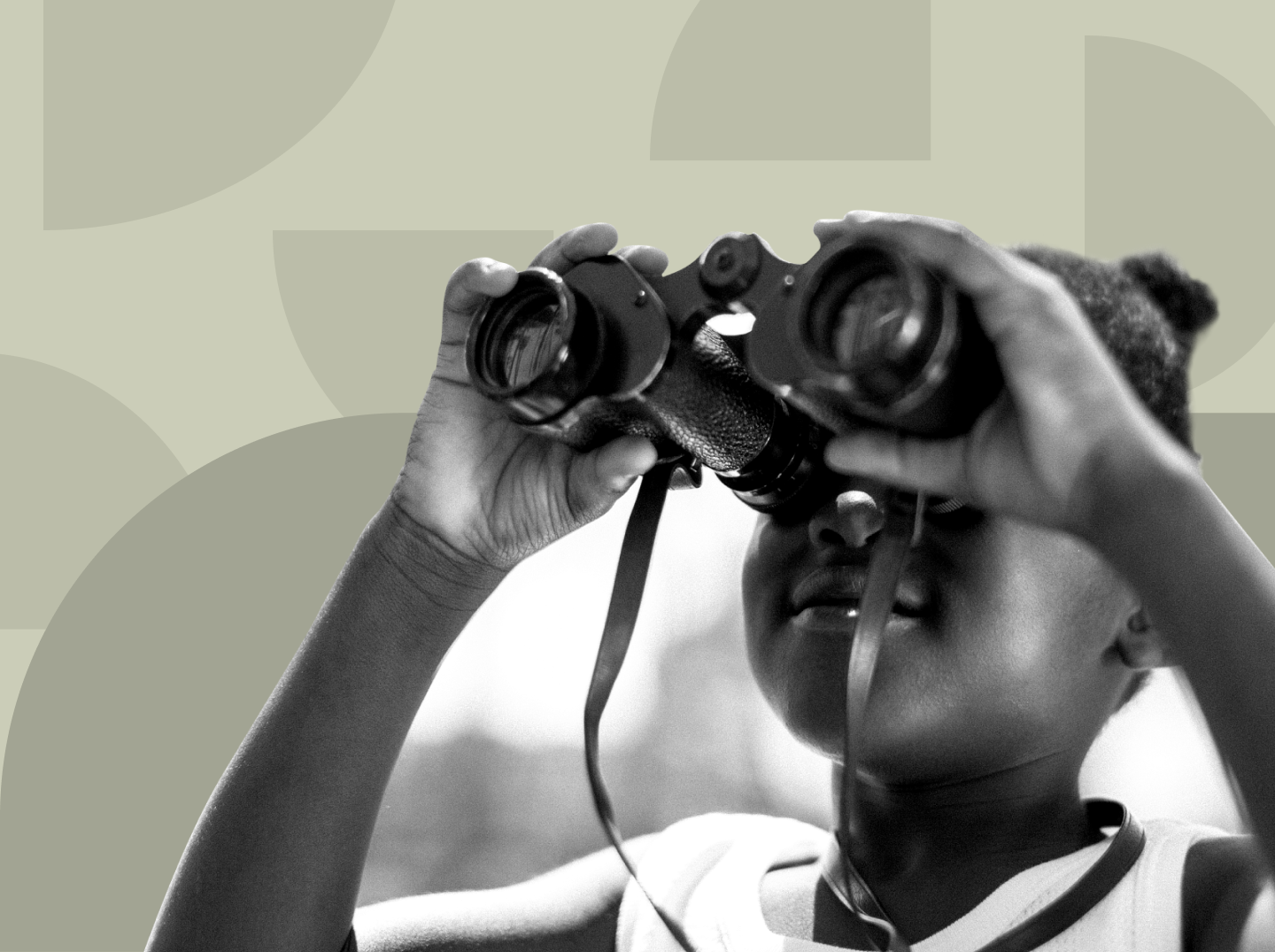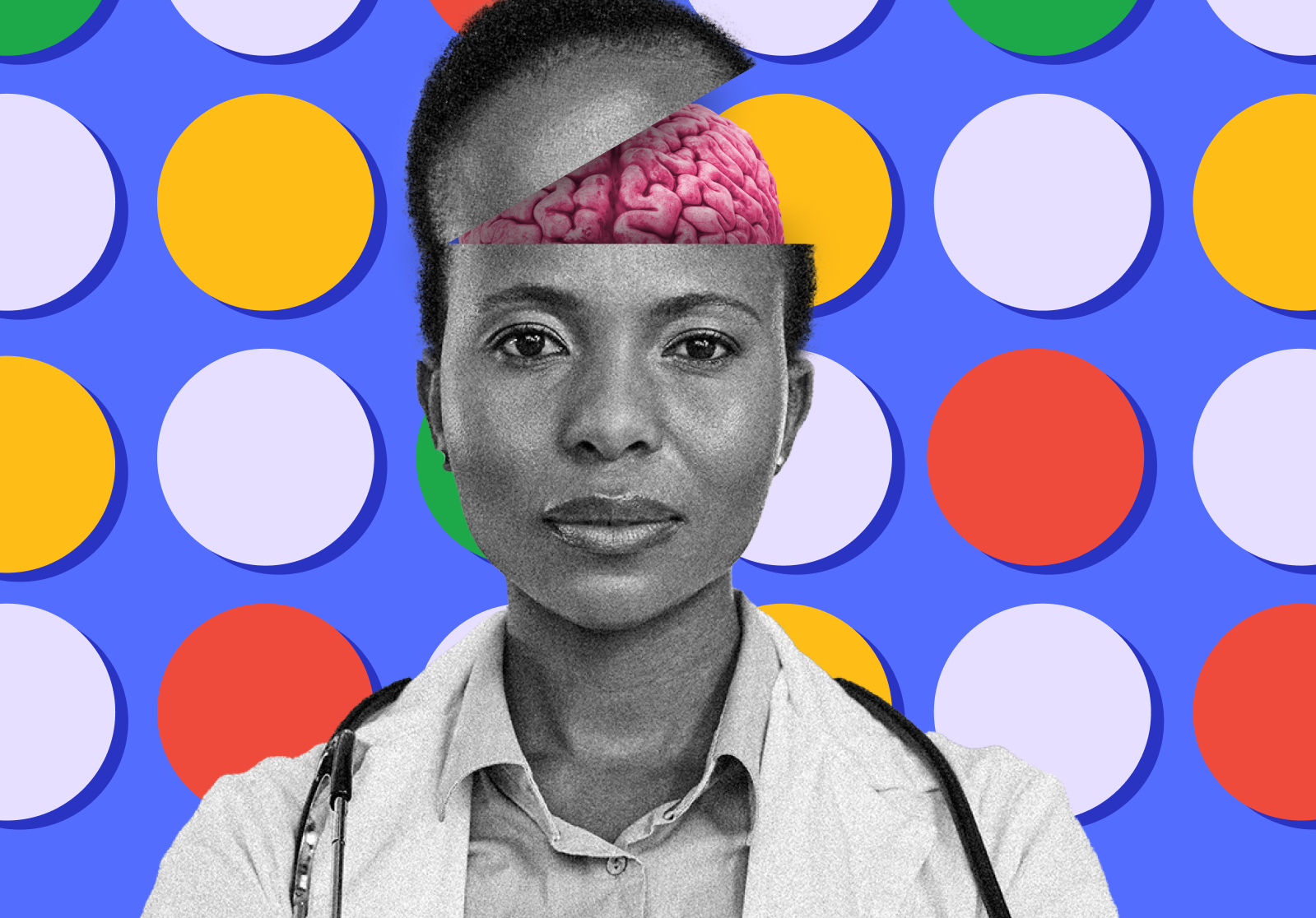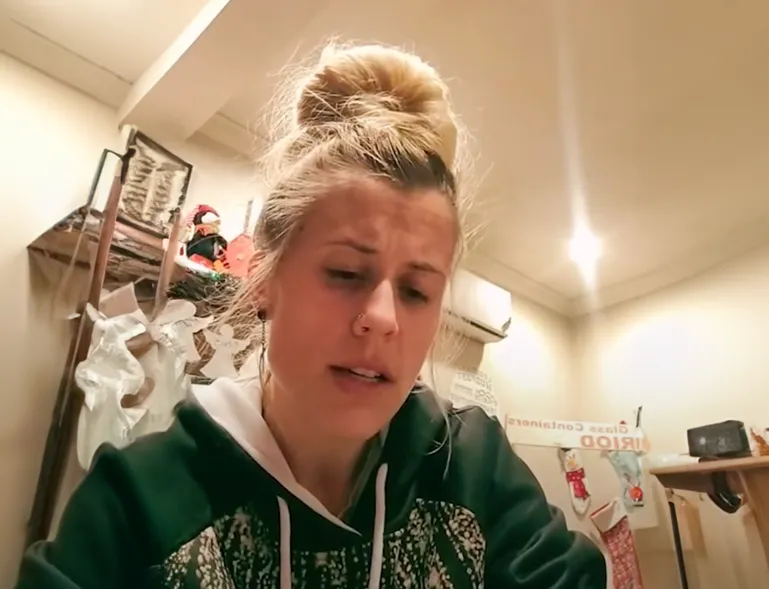Purpose
The Futures of Unwellness project explores how our understanding of health, wellness, and disease may shift over the next 5-10 years. It brings to life two Futures Patient Journeys. These journeys are presented as short stories that illustrate how a person’s illness experience may shift in the future, exploring the different emotions, actors, touchpoints, and unmet needs they might face when navigating illness. In doing so, it asks us to reflect on the possible opportunities in planning for and building around the futures of illness experiences—rather than assuming our current paradigm of illness and wellness will remain stable.
How might we begin to design for the future patient journey now?
Process
At Fresh Squeezed Ideas, we practice strategic Anthro-Futures: an exploration of emerging futures at the intersection of socio-cultural, technological, and behavioral shifts. The Anthro-futures practice is led by a multidisciplinary team of social scientists and foresight* practitioners, and is comprised of four key steps:
through social science literature and ethnographic insight. This includes a review of over 100 patient journeys developed for diverse clients, which has helped us uncover a universal current state patient journey.
We have found that beliefs, behaviors, and technologies are changing in healthcare, and beyond.
by connecting seemingly unrelated signals of change. We map these trends in relation to each other and across time, noting connection points and overlaps as well as divergences to create possible, probable, and preferred future scenarios.
grounded within these future scenarios. In this project, we have brought to life two very different futures journeys: a desired future journey in which healthcare organizations design and plan for Unwellness, and an alternative journey in which Unwellness experiences remain largely unaddressed.
Payoff

The patient experience and journey is changing, and new needs, emotions, touchpoints, and actors are emerging. The Futures of Unwellness project gives you the opportunity to align your business with the hopes, dreams, and desires of your future patient, instead of remaining part of the status quo. In other words, it’s a path to creating meaningful change and becoming a leader in the industry—and a chance to make a lasting impact at a very human level.
*Foresight is a research-driven practice of exploring expected and alternative futures and using these futures to inform strategy. In a business context, foresight is used to make organizations more resilient to change, to innovate effectively, and to increase differentiation early on.
*Futures patient journey moves beyond the current state to explore a day in the life of a future patient experience. These journeys bring to life possible and desired future experiences grounded in the hopes and desires of people we've met throughout our research, and in doing so, allows organizations to situate their business in the needs of a future patient.



